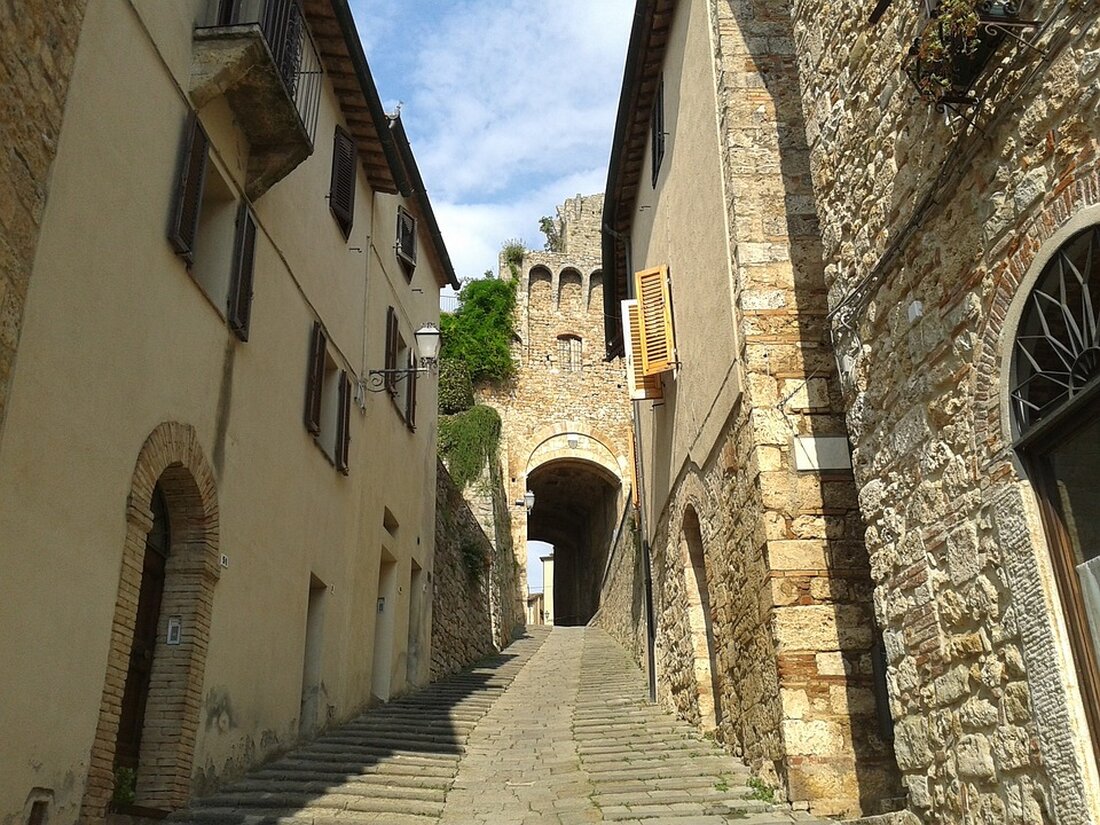Political lessons in Saxony-Anhalt: Insight into educational development
Discover the development of political lessons in German schools from 1949 to 2019. A new study by the LIFBI shows how political lessons were shaped by political influences and what differences exist between the federal states. Learn how political education contributes to strengthening democracy and what role non-high school forms play. Immerse yourself in exciting knowledge about the effects of political education on society.

Political lessons in Saxony-Anhalt: Insight into educational development
The influence of political education on society: a look at the lesson in Germany
In recent years, the social debate about political education in schools has become more important. The decline in trust to state institutions and the increase in extremely right -wing parties raise questions about the role of school political education in democracy. A new study by the Leibniz Institute for Education Currencies (Lifbi) now focuses on teaching times for politics and its development over time.
Development of political education: a historical overview
The study analyzes the lesson time for political education in German schools from 1949 to 2019. Interestingly, the data show that more hours were intended for politics at non-high school forms than in high schools. This contrasts with current assumptions that high school students receive more political education today. The development has been particularly striking since the 1970s, when the lessons in all federal states were almost doubled until the 1990s, but had a lot of differences between the federal states.
Political coloring of teaching
A remarkable result of the investigation is the influence of the political composition of the state government on the classroom in this subject. During the time until the end of the 1990s, it was observed that more hours were offered for political education under SPD-led governments, while CDU-led governments tended to provide a few hours. This development was particularly clear in the East German federal states, where a Christian Democratic government significantly reduced the number of lessons. However, this influence has not been so pronounced since the 2000s.
Regional different access to political education
The differences between the federal states have remained remarkable in recent decades. For example, while North Rhine-Westphalia planned seven lessons for the subject of politics around the turn of the millennium, the number in Bavaria and Saxony was only two hours. This discrepancy shows how different students in Germany are prepared for political issues.
Results for society: A wake -up call for reform
The authors of the study call for increased research on political education, in particular with regard to the "Civic Literacy", that is, civil society and political skills. A better understanding of the effects of political education could help to react to the current social polarization. This research should not only focus on school standards, but also the effects on the social participation of the students and their commitment in political processes.
In view of the political challenges with which Germany is confronted, it remains to be seen how the educational institutions will react to these research results. A targeted expansion of political education could not only strengthen trust in democratic structures, but also make a decisive contribution to reducing political extremization.original study:
Sendzik, N., Mehnert, U., & Helbig, M. (2024). Fire brigade of democracy? Political education as a subject in general education schools in secondary school in the Federal Republic of Germany from 1949 to 2019 . Leibniz Institute for Education. Doi-Link
For more information on the data and the study, please visit the website of the LIFBI at www.lifbi.de/hispol .

 Suche
Suche
 Mein Konto
Mein Konto
